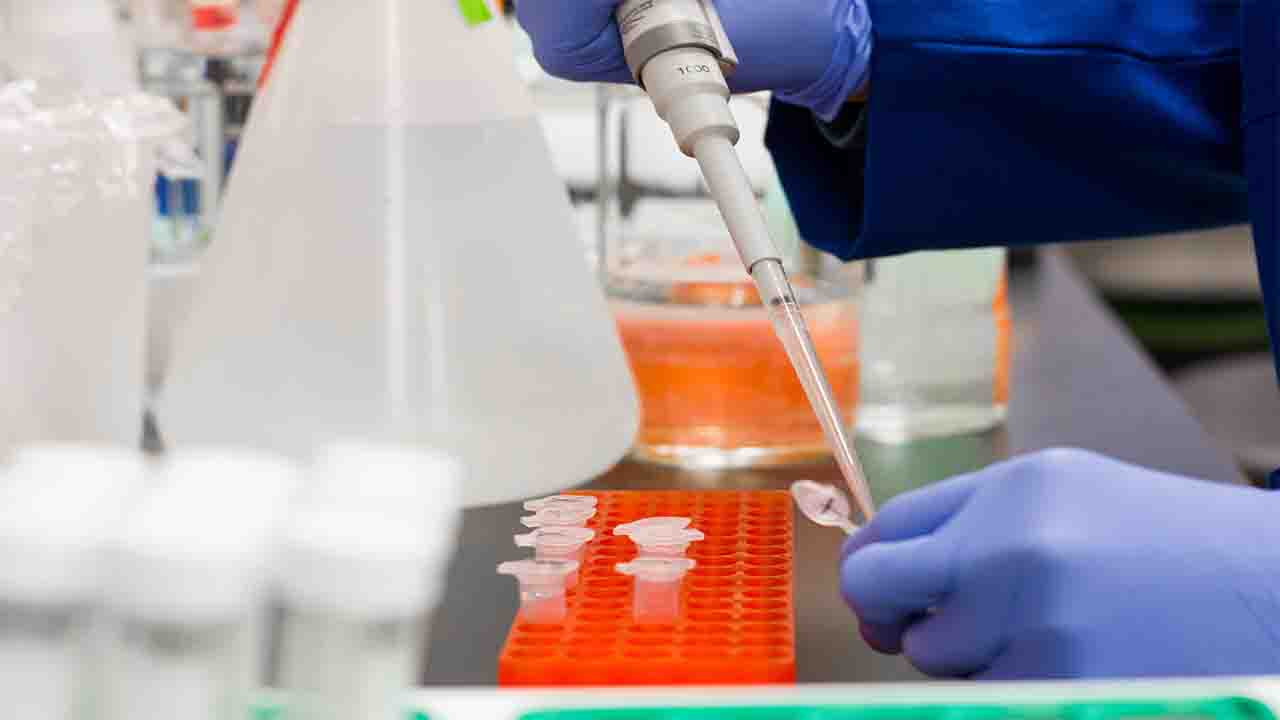Health (Commonwealth Union) – The Key to Understanding the Aging Process Introduction Aging is a complex biological process characterized by a gradual decline in functional capacity and the increased risk of disease and death. It is a universal phenomenon that affects all living organisms. Despite its significance, the molecular mechanisms underlying aging remain poorly understood. Recent studies have highlighted the critical role of epigenetic modifications in aging, including DNA methylation, histone modifications, and non-coding RNA molecules.
Epigenetic Modifications and Aging Epigenetic modifications are heritable changes in gene expression that do not involve alterations in the underlying DNA sequence. These modifications play a crucial role in regulating gene expression and are essential for various biological processes, including development, differentiation, and aging. Recent studies have shown that epigenetic alterations, such as DNA methylation, histone modifications, and non-coding RNA molecules, are associated with aging and age-related diseases. DNA Methylation and Aging DNA methylation is an epigenetic modification that involves the addition of a methyl group to the cytosine base of DNA. This process is catalyzed by DNA methyltransferases (DNMTs) and is involved in the regulation of gene expression. DNA methylation patterns change with age, and these changes have been associated with various age-related diseases, such as cancer, neurodegenerative diseases, and cardiovascular diseases.
Histone Modifications and Aging Histone modifications are another type of epigenetic modification that involves the addition or removal of chemical groups to histone proteins, which are the building blocks of chromatin. These modifications can alter chromatin structure and accessibility, thereby influencing gene expression. Histone modifications, such as acetylation, methylation, and phosphorylation, have been implicated in the aging process and age-related diseases. Non-coding RNA Molecules and Aging Non-coding RNA molecules, such as microRNAs (miRNAs), long non-coding RNAs (lncRNAs), and circular RNAs (circRNAs), are another class of epigenetic regulators that play a crucial role in the aging process. These molecules can modulate gene expression at the transcriptional and post-transcriptional levels and are involved in various age-related diseases, such as cancer, neurodegenerative diseases, and cardiovascular diseases. Epigenomic Clocks and Aging Epigenomic clocks are molecular markers that can predict chronological age based on DNA methylation patterns. These clocks have been developed by analyzing DNA methylation patterns in blood samples from various age groups and have been shown to be highly accurate in predicting chronological age. Furthermore, epigenomic clocks have been associated with various age-related diseases and can predict the risk of developing these diseases. Implications for Aging Research The discovery of epigenomic alterations in aging has significant implications for aging research. First, it provides a new molecular framework for understanding the aging process and age-related diseases. Second, it opens up new avenues for developing therapeutic interventions that target epigenetic modifications to delay or reverse the aging process. Third, it provides a new approach for predicting the risk of developing age-related diseases based on epigenomic signatures.
In recent years, the burgeoning field of epigenetics has opened new avenues for understanding how genes are regulated and how environmental factors influence health and aging. Epigenomic clocks, is considered a breakthrough concept in this domain, has emerged as powerful predictors of biological age, providing insights into an individual’s overall health and lifespan. As the demand for personalized medicine and precision healthcare grows, the integration of artificial intelligence (AI) with epigenomic clocks holds tremendous promise.
Epigenomic clocks are algorithms that analyze patterns of chemical modifications to DNA, known as epigenetic marks, to estimate biological age. Unlike chronological age, which simply counts the number of years since birth, biological age reflects the physiological state of an individual, including the pace of aging and susceptibility to age-related diseases. Epigenetic modifications, such as DNA methylation, play a crucial role in regulating gene expression and are influenced by various factors, including lifestyle, environmental exposures, and genetic predispositions.
AI technologies, particularly machine learning algorithms, have demonstrated remarkable capabilities in processing large-scale biological data and identifying complex patterns that are difficult for human experts to discern. By leveraging AI, researchers can enhance the accuracy and predictive power of epigenomic clocks, leading to more precise estimations of biological age and a deeper understanding of aging processes.
The epigenomic alterations, including DNA methylation, histone modifications, and non-coding RNA molecules, play a crucial role in the aging process and age-related diseases. The discovery of epigenomic clocks has provided a new molecular framework for understanding the aging process and has opened up new avenues for developing therapeutic interventions that target epigenetic modifications to delay or reverse the aging process. Further research in this area is needed to fully understand the complex interplay between epigenetic modifications and aging and to translate these findings into clinical applications.








